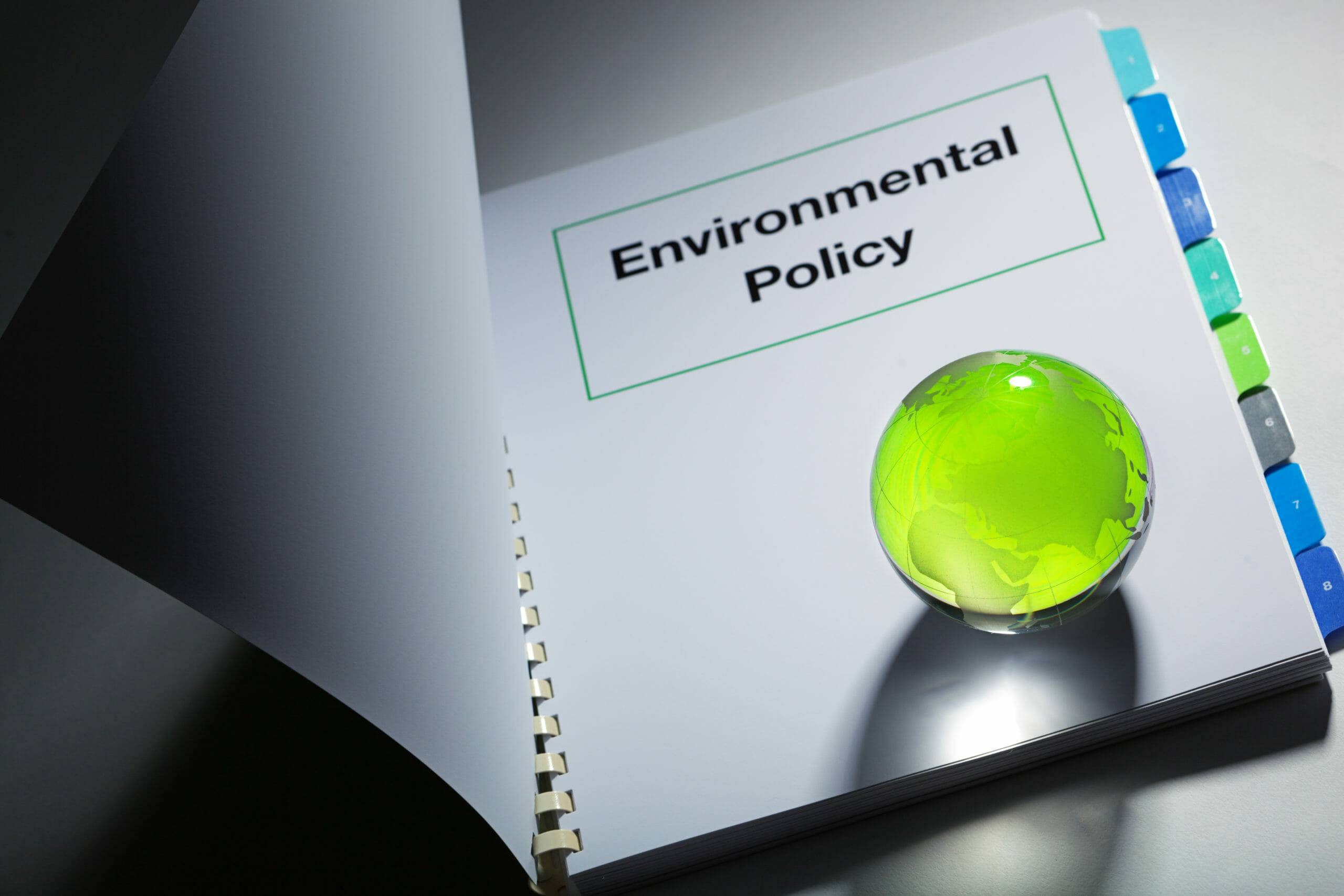
Ireland Preparing to Introduce Waste Recovery and Environmental Levies | Environment Policy
Environment Bill
The Irish government is currently discussing the Circular Economy, Waste Management and Minerals Development Bill 2022, which is being designed to introduce waste recovery and environmental levies alongside a number of other policy provisions.
Policy Climate Change
This new bill is being introduced to keep Ireland aligned with the broader EU Green Agenda; in March 2020, as part of the European Green Deal, the European commission adopted the Circular Economy Action Plan. The intention behind this was to reduce the consumption of natural resources while creating sustainable economic growth and future-proof job opportunities.
Many countries across Europe have been implementing circular economic policies; The Irish government, for example, have already established the 2020 Waste Action Plan and the 2021 Whole of Government Circular Economy Strategy to help them achieve a circular economy in Ireland.
Waste Recovery
Section 29 of this new Bill will allow for the insertion of a new section (73A) into the Waste Management Act 1996. This amendment will allow the Minister for Environment, Climate and Communications, with the approval of the government, to regulate waste recovery activity – including waste exports.
With these new powers, the Minister is set to introduce different chargeable levies on different classes of waste management activity. The initial levy will be introduced at a maximum of €120, but the Minister will have the power to adjust this amount once per financial year by a maximum of €50.
The levies will apply either to the person or entity carrying out the waste recovery activity or, when waste has been shipped, to the waste holder. The levies will be payable to the local authority in which the waste recovery activity is occurring, or to Dublin City Council when the waste has been shipped outside the state. Failure to pay will be considered an offence and will result in interesting being added to the total to be paid.
Environmental Legislation
Section 29 of the new Circular Economy Bill will empower the Minister, again with the permission of the government, to create regulations and set chargeable environmental levies on a number of single-use products, such as:
- Single-use cups
- Single-use containers
- Single-use packaging
- Plastic bags
These levies will apply at premises such as supermarkets, service stations and other retail establishments. Regulations will apply to products where there are readily available suitable alternatives, such as reusable or recyclable products or products with reduced wastage of material.
There are a number of factors which will be considered when setting the levy amount, such as the amount of material wasted per single-use item. The amount must fall within the range between €0.20 to €1 per item and can be adjusted in accordance with the consumer price index by the minister no more than once per financial year.
The levy will be payable by the person or entity conducting business at any of the retail premises mentioned above. The regulations will also specify the authority the levy will be paid to, the powers related to the collection of the levy and the penalties and interest resulting from failure to pay.
Climate Change Impact
Considering the climate change impact of economic policy has become a top priority for legislators in Ireland, across Europe and around the world. Taxes, such as these waste recovery and environmental levies, serve as powerful tools in incentivising the economy to adapt and shift into alignment with our broader sustainability goals.
Environmental taxes have been an increasingly popular strategy by policy makers in recent years. A well-known example of this is the plastic bag levy – that will now be incorporated into the new environmental levy being introduced as part of the Circular Economy Bill – which was successful in significantly reducing the number of plastic bags being used. All things point towards even more of these taxes being introduced over the next few years, so it is important for businesses to stay up to date with the latest changes in legislation.
At JBX PaperPak, reducing waste and finding sustainable alternatives to single-use plastic products are the exact reasons we exist and are the principles around which our entire business model was constructed. Therefore, we naturally support these new levies which encourage businesses to end their reliance on single-use plastics and be more conscious of the amount of waste they produce, as well as how they dispose of it.
Share this article
Related articles for you
JBX PaperPak: The Story So Far
The Problem with Plastic
The Future of Packaging Is… Paper?
Single-Use Plastic Bans in the UK
The Role of Paper Straws in the Coronavirus Pandemic
Subscribe To Our Newsletter
To keep you up date to our new products and lates news
Free shipping on all orders over £200*
Subscribe To Our Newsletter
To keep you up date to our new products and lates news
Free shipping on all orders over £200*
Frequently Asked Questions
Our paper straws are made by stacking 3 plies of high-quality food grade kraft paper and putting them through a core-winding machine that applies an adhesive and rolls the straws into shape. They are then cut to size, coated in lacquer to ensure quality and are then ready to be sold.



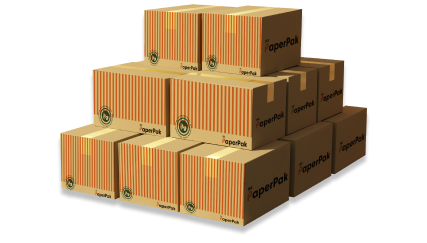
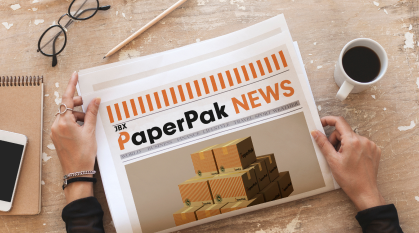
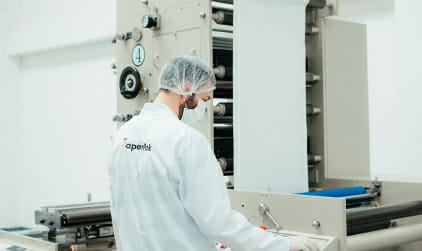
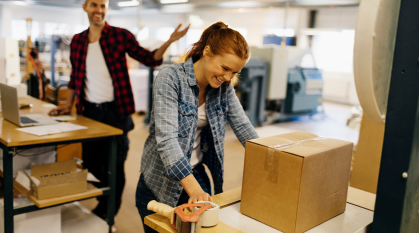

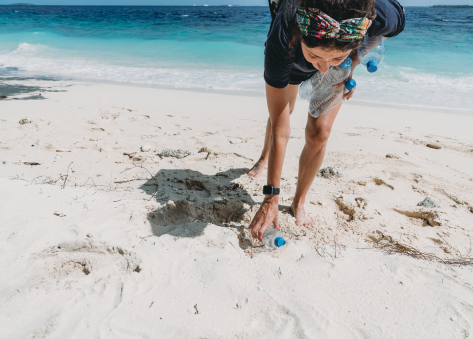
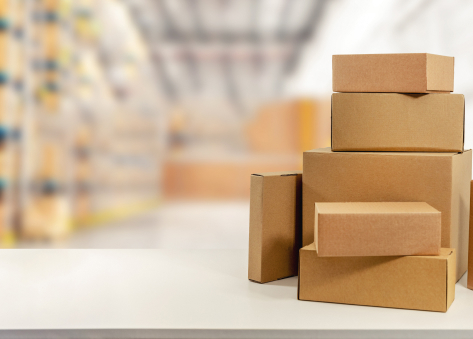
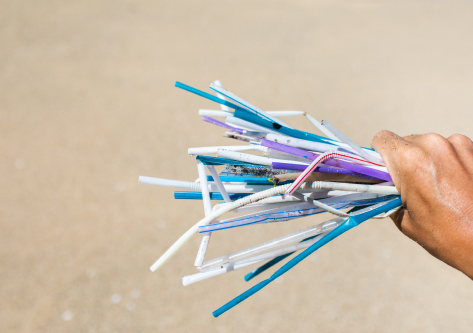
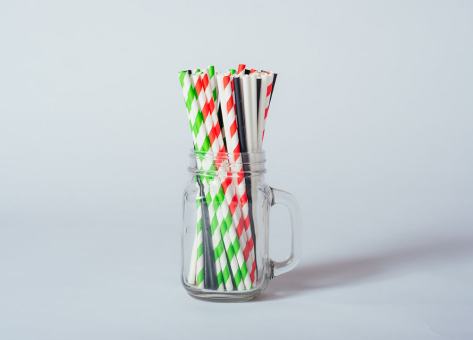

Get social